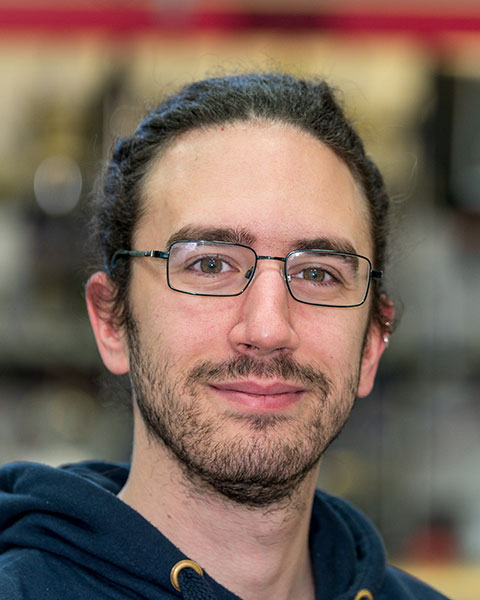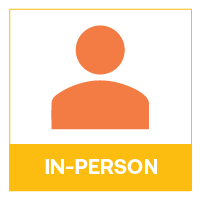Back
On-demand recording will be available 24hrs after the presentation.
Automation Technologies
Automating Chemistry in the age of AI
Chemputational Drug Discovery using Modular Universal Chemical Robots
Tuesday, February 8, 2022
1:00 PM – 1:30 PM
Location: 210B

Dario Caramelli, PhD
Research Fellow
University of Glasgow, Scotland, United Kingdom
Digital chemistry or chemputation, is the universal code-enabled control of chemical reactions using a standard language and ontology, in a modular system for organic chemical synthesis, discovery, and reaction exploration. In our lab we have designed and built the world’s first ChemPU, a system that unifies all chemistry automation strategies, from solid-phase peptide synthesis, to HTE flow chemistry platforms. This system uses a chemical programming language that runs a chemical code (χDL) to ensure reproducibility and interoperability. Herein, we present a parallel ChemPU system that explores chemical space for new drug-like molecules, new reactions, and reactivity. The discovery of novel organic transformations and reactivity is a difficult problem mostly relying on serendipity with no systematic approach to search an unimagined, or unknown, chemical space. Our robotic chemical discovery system can navigate a chemical space based on a learned general association between molecular structures and reactivity, while incorporating a machine learning model that can process data from online analytics and assess reactivity without knowing the identity of the reagents. Working in conjunction with this learned knowledge, our robotic platform can autonomously explore a large number of potential reactions and assess the reactivity of mixtures, including unknown chemical spaces, regardless the identity of the starting materials. Through the system we identified a range of chemical reactions and products, some of which were well-known, some were new but predictable from known pathways and some were unpredictable reactions that yielded new molecules.
References:
A Reactivity First Approach to Autonomous Discovery of New Chemistry
Caramelli, D., Granda, J.M., Cambié, D., Mehr, S.H.M., Henson A., Cronin L., (2021)
https://chemrxiv.org/engage/chemrxiv/article-details/60c7577dbdbb89713aa3abe8
A universal system for digitization and automatic execution of the chemical synthesis literature.
Hessam, S., Craven, M., Leonov, A. I., Keenan, G. & Cronin, L. Science (80-. ). 370, 101–108 (2020).
References:
A Reactivity First Approach to Autonomous Discovery of New Chemistry
Caramelli, D., Granda, J.M., Cambié, D., Mehr, S.H.M., Henson A., Cronin L., (2021)
https://chemrxiv.org/engage/chemrxiv/article-details/60c7577dbdbb89713aa3abe8
A universal system for digitization and automatic execution of the chemical synthesis literature.
Hessam, S., Craven, M., Leonov, A. I., Keenan, G. & Cronin, L. Science (80-. ). 370, 101–108 (2020).


